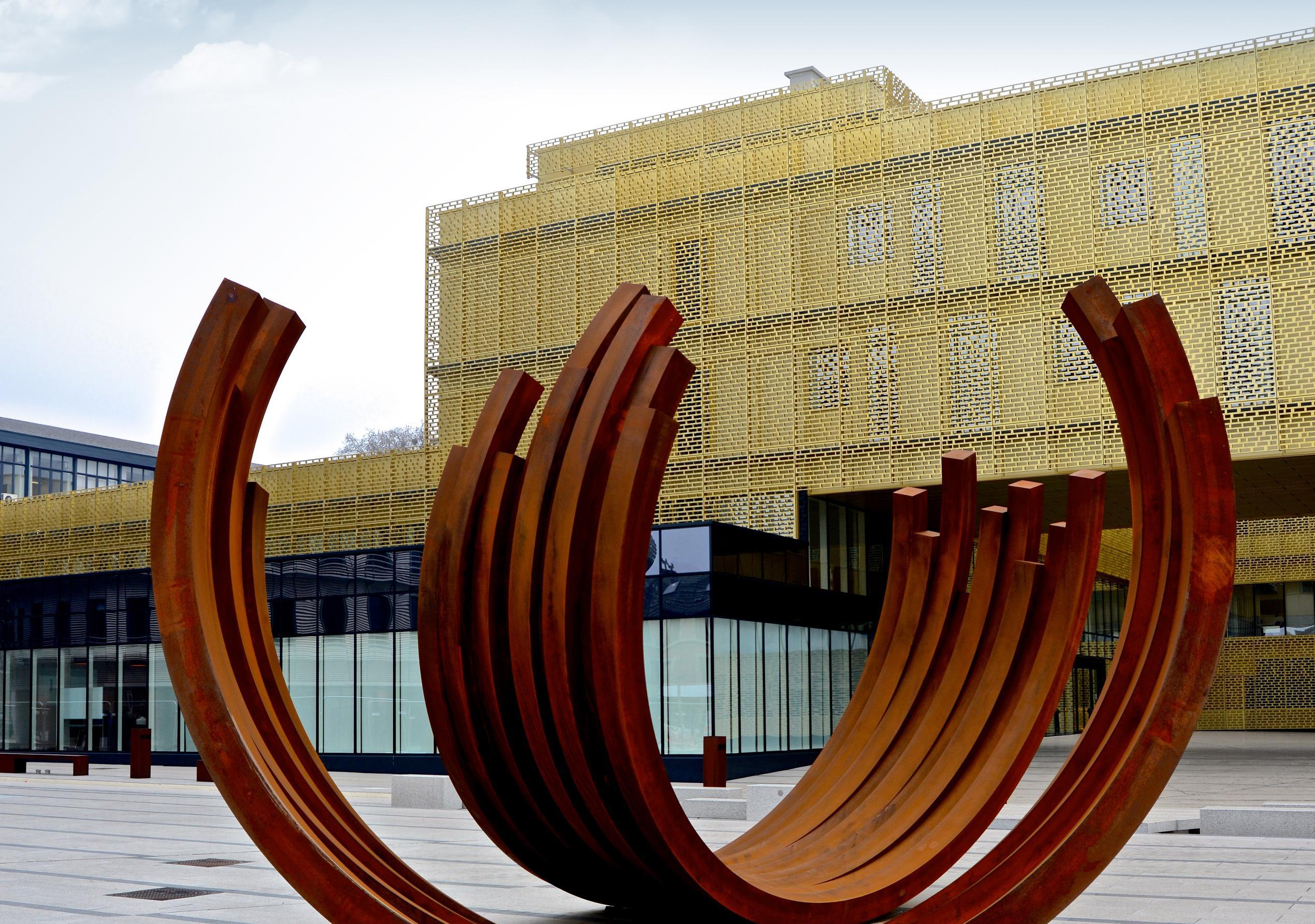In addition to the five major needs of our time to which its teams are providing technological answers, John Cockerill is also committed to make the lives of the communities in which it operates more dignified. This investment takes two forms: the implementation of commercial projects to develop infrastructures dedicated to improving living conditions and, through the John Cockerill Foundation, support in the form of technological, human and financial resources for humanitarian initiatives and projects. For example, in 2021, John Cockerill and its Foundation rolled out a large number of actions in Belgium, Ivory Coast, Kenya and Malaysia.
60 : This is the number of projects carried out by the John Cockerill Foundation over its first 5 years.
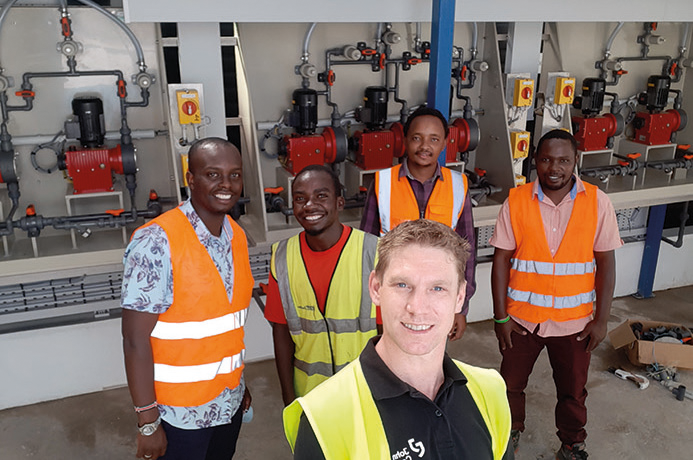
Kenya: clean drinking water for 116 000 persons
Faced with numerous water shortages throughout the Homa Bay region (Kenya), the local authorities have decided to rehabilitate, modernize and secure the water supply and treatment infrastructure. Within this context, John Cockerill has designed and built a device that will provide 8 500 m³ of clean water to some 116 000 people every day. What’s more, the technological solution from John Cockerill is close to carbon neutral, as it is powered to 80% by solar energy.
In itself, this project was already likely to improve the lives of local populations. But the John Cockerill teams on the spot realized that neither the market nor the nearby school were part of the master plan of the local authorities. They alerted the John Cockerill Foundation, which decided to finance the connection of these two entities to the new water network. Together, the John Cockerill Group and its Foundation have thereby been able to considerably improve the health conditions of the populations.
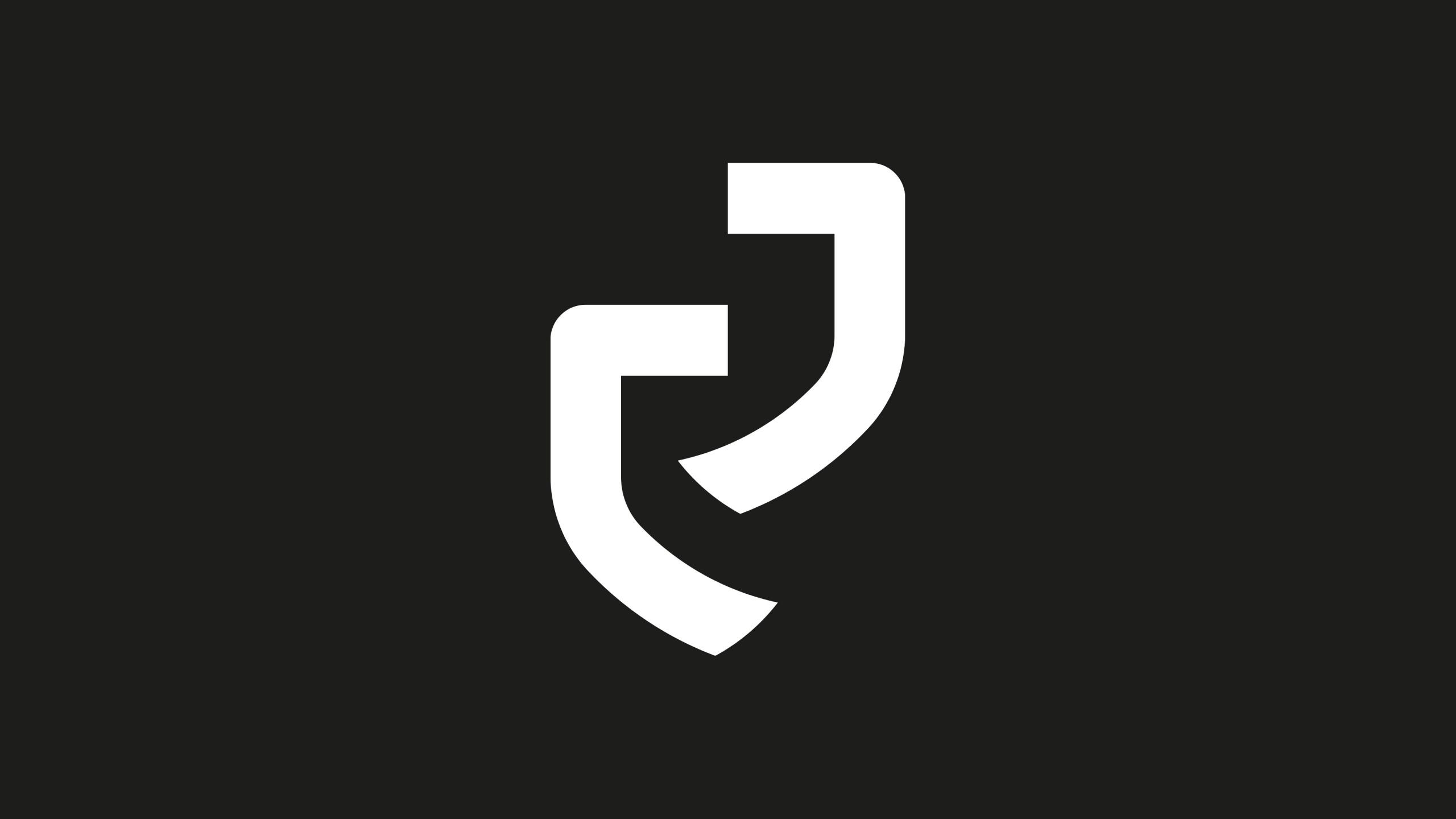
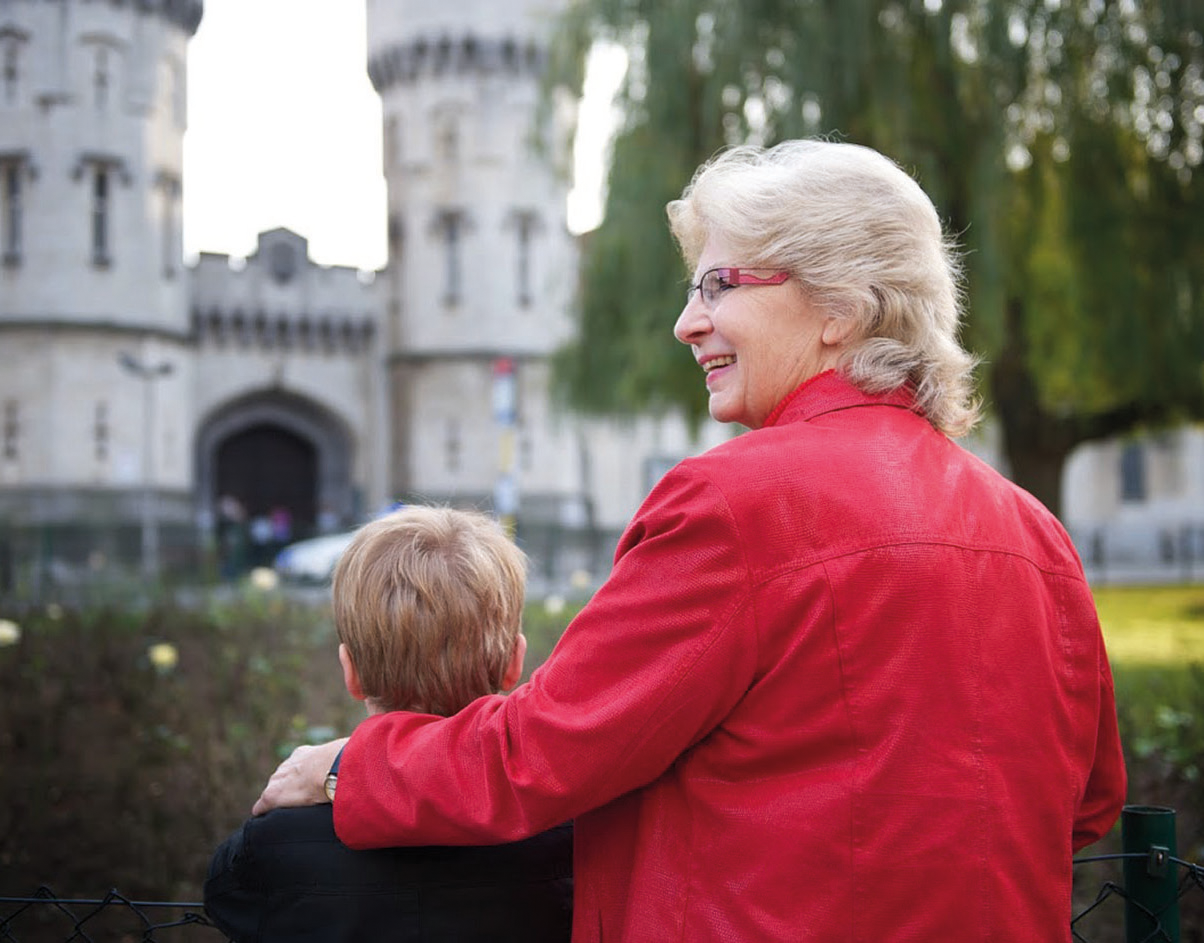
Accompanying children on prison visits
Preserving the bond with their parents is a fundamental right for every child. In Belgium, approximately 17 000 children are faced with the imprisonment of their father and/or their mother, and half of them never have the opportunity to visit the prison. In order to increase the number of visits and thereby allow children to reconnect with their parent(s), the John Cockerill Foundation has chosen in 2021 to support the ‘Itinérances’ program set up by the Belgian Red Cross.
This is a network of more than 400 volunteers who are specially trained to accompany the children on prison visits. The child is always accompanied by the same two volunteers, who are trained to establish a quality relationship with the child, and to guide him/her gently in the very specific environment of a prison. Through this support, the John Cockerill Foundation participates in the (re)creation of balance and ties for the younger generations.
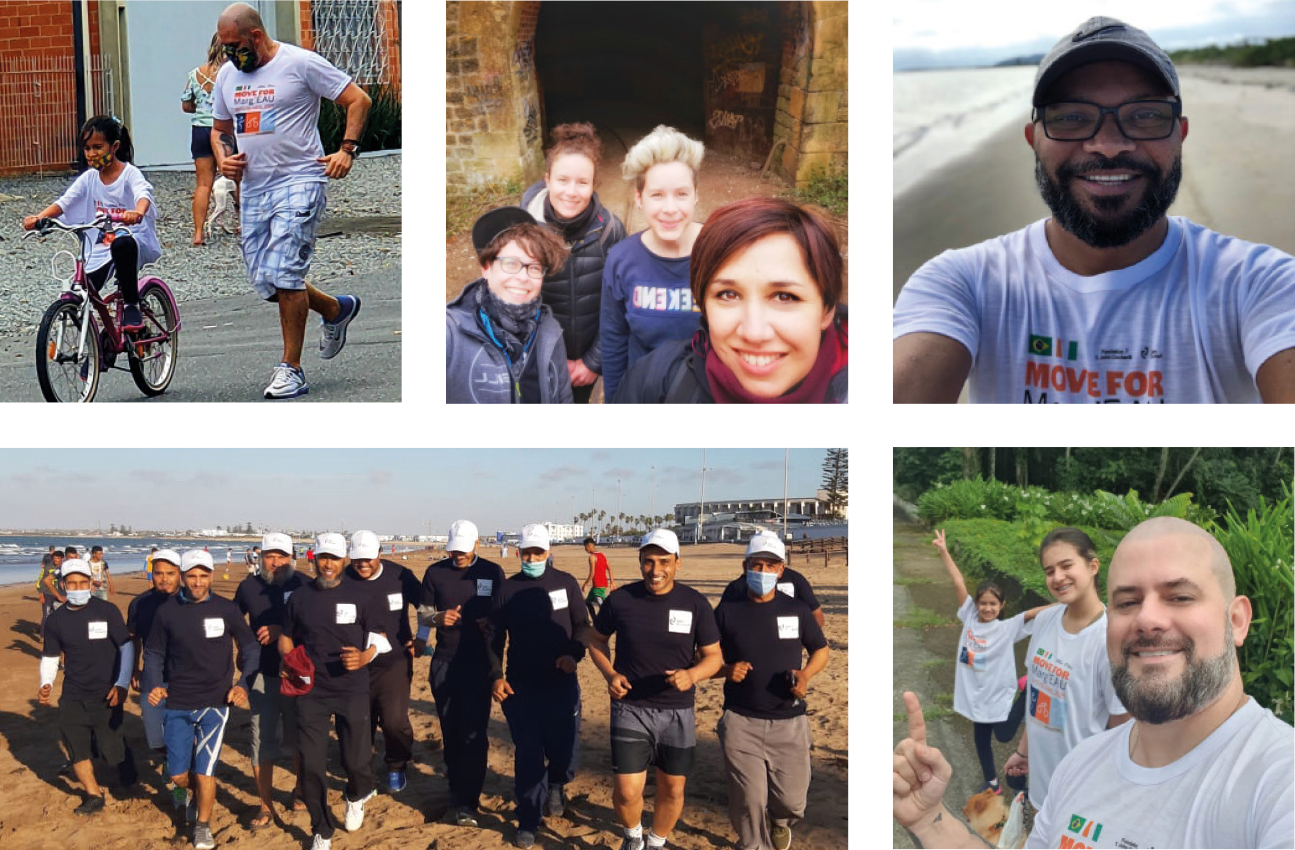
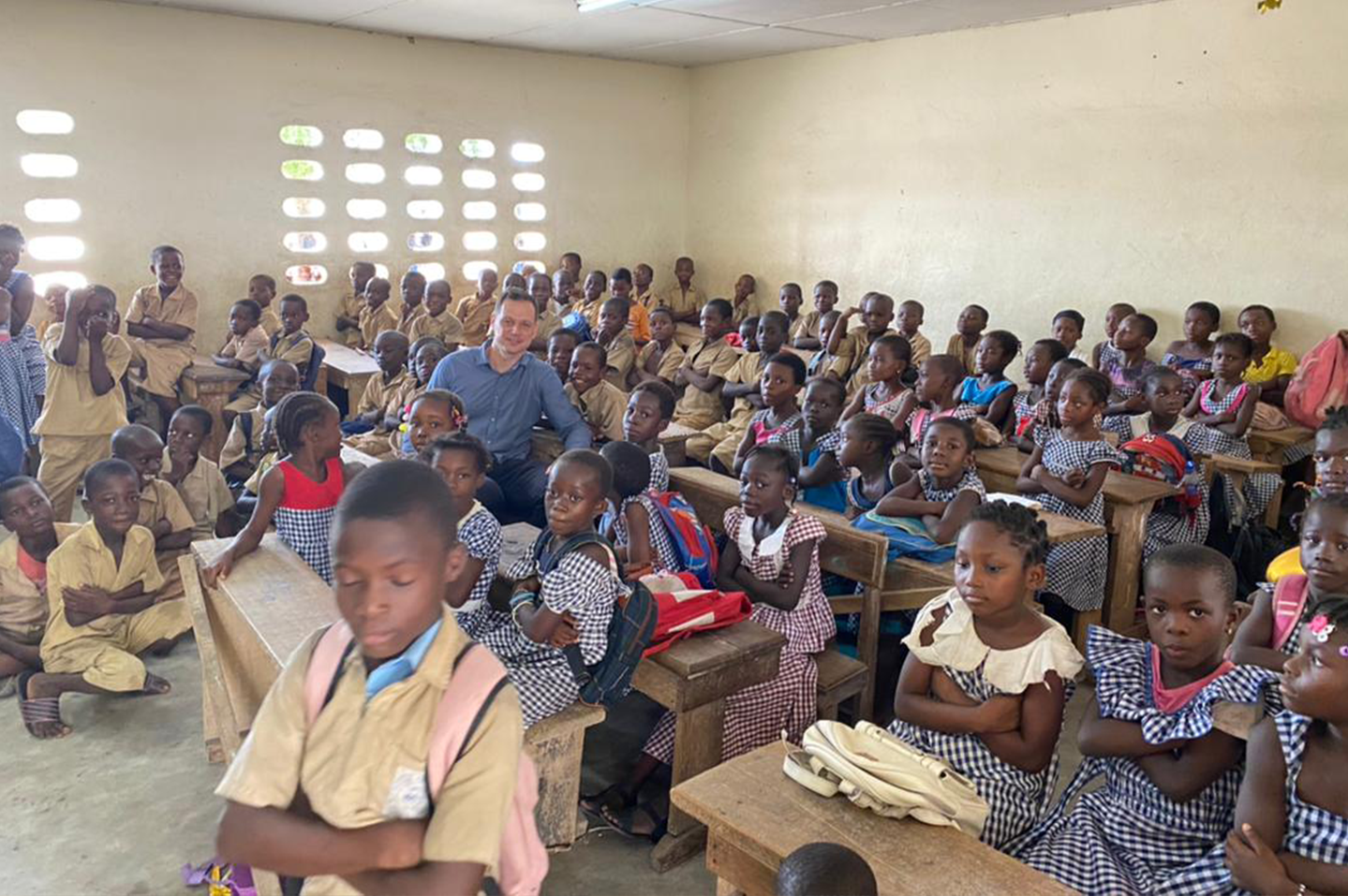
The ‘Move for Marg’EAU’ challenge was taken up by the John Cockerill teams: the more than 25 000 km covered in 72 hours on foot or by bike have made it possible to finance the connection of a school in Abidjan to a drinking water network.
1 346 employees mobilized to bring water to 650 young ivorians school children
On the request of the John Cockerill team in Côte d’Ivoire, in 2021, the John Cockerill Foundation supported the Marg’EAU association’s humanitarian operation, aimed at installing a water network for a school in Abidjan. This took the form of a sporting challenge, sponsored by the Foundation, in which 1 346 Group employees took part, covering a total of 25 819 km on foot or by bike.
This massive mobilization made it possible to raise funds to finance the design and installation work, the drilling and connection phases of which should be completed by the end of 2022.
The result: 650 school children will benefit from access to water. They will then be able to live and study in sanitary conditions, allowing them to carry out the simple, natural and elementary actions of daily life, such as washing their hands, going to the toilet, drinking, etc.
More than just philanthropy
John Cockerill India Ltd, a company listed on the stock exchange, has for many years had its own entity in charge of carrying out societal actions in India. Its motto: beyond philanthropy.
Among its 2021 projects, 3 065 people were helped in medical camps, 2 200 students from a boys’ school benefited from new health infrastructure and remote connections, 3 000 Covid self-test kits were distributed to populations close to our factories, and 20 045 trees were planted with 32 farmers made aware of the necessity of planting a variety of tree species.
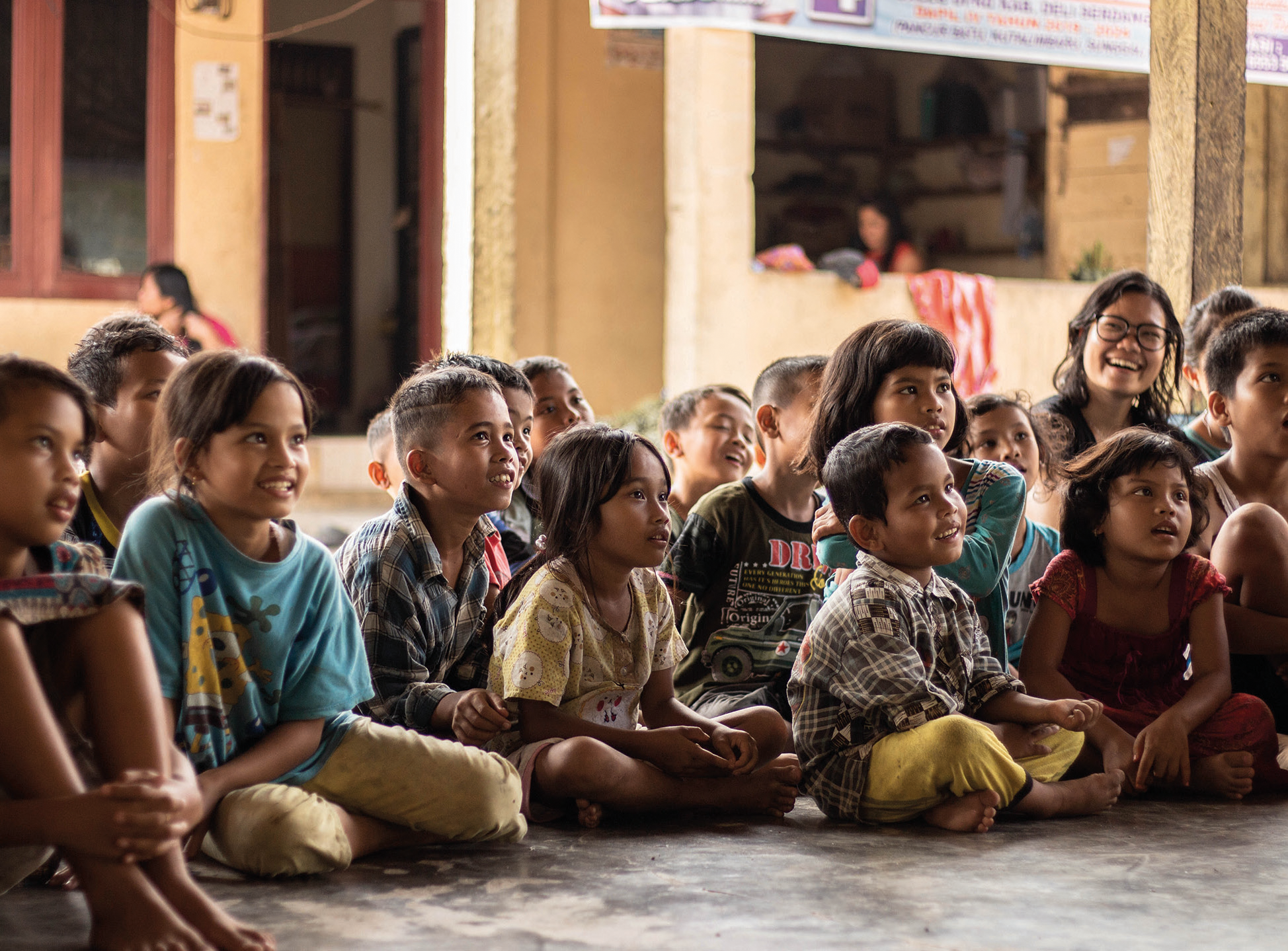
Fondation John Cockerill

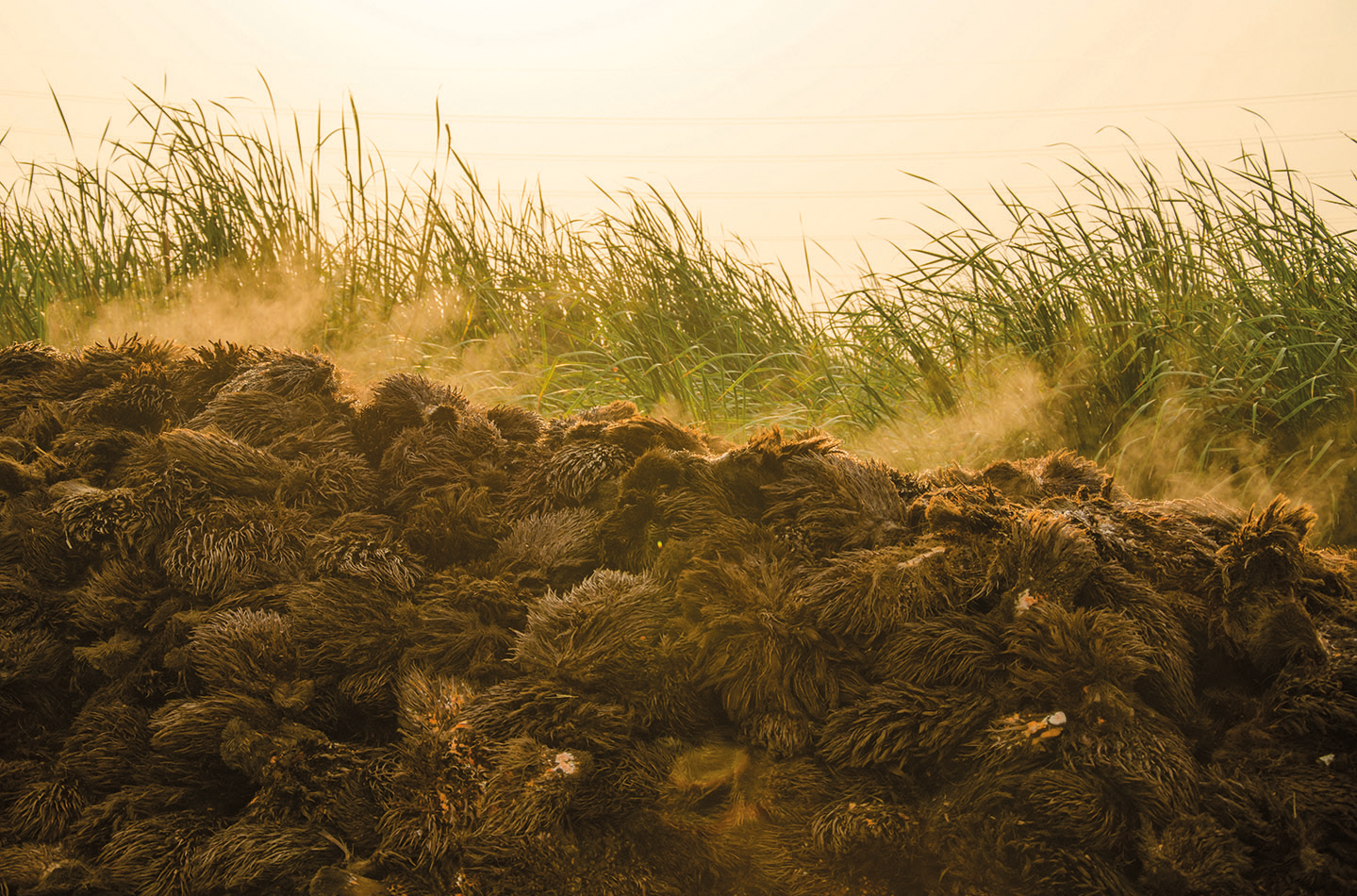
Fruit stalks, a natural fuel whose energy yield is maximized in the John Cockerill pilot unit in Malaysia.
Increasing the value of residual biomass in Malaysia
Various agricultural productions in Southeast Asia generate large volumes of residual biomass, particularly in the form of fruit stalks. This biomass is currently used as a renewable fuel in the energy sector, but its high moisture content reduces its energy efficiency.
Convinced that this abundantly available natural fuel could be better used as a substitute for fossil fuels in the production of electricity, the John Cockerill teams are currently developing a pilot project in Singapore based on their multiple hearth furnaces technology The NESA Solution®. The objective: to increase the calorific value of this biomass in order to both reduce CO2 emissions per unit of electrical power produced and to use it as a renewable source of energy, as a substitute for coal.
Several steps were taken in 2021: the search for suppliers, the negotiation of raw material supply contracts and long-term production purchase contracts, the structuring of the project financing, and the definition of the complete production line. These actions will continue in 2022 in order to help launch this new energy sector.
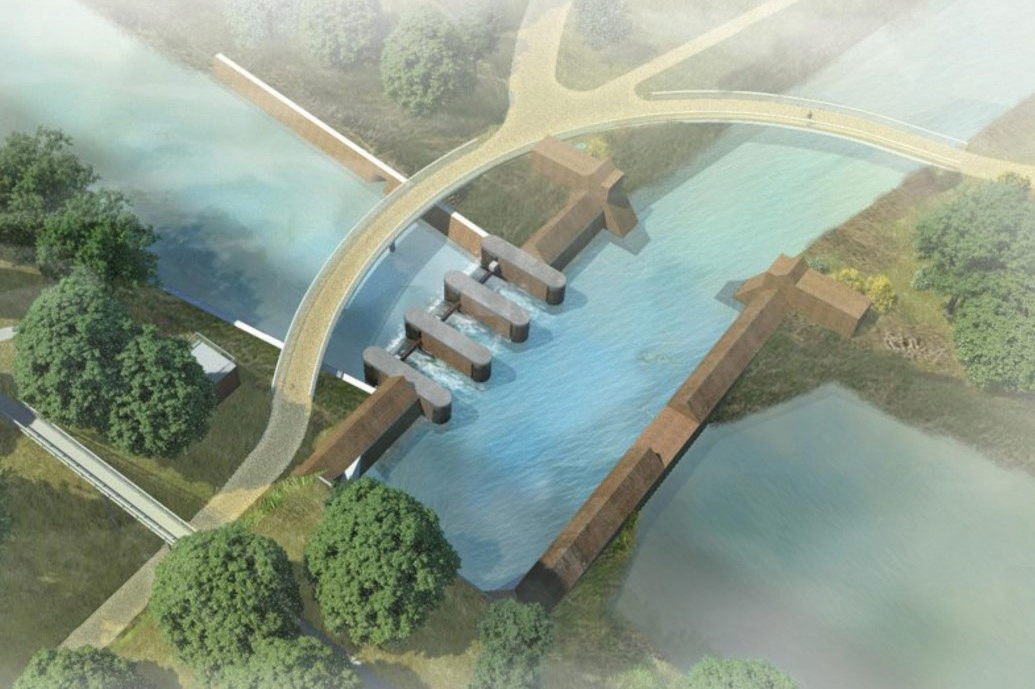
The John Cockerill teams are proud to put their electro-mechanical know-how at the service of the people of Diest (Belgium), so that they can continue to live safe from flooding.
Belgium: avoiding floods by regulating the flow of the River Demer
The Flemish region of Diest (Belgium) has long suffered from frequent flooding. To avoid this, the River Demer was partially buried, and diverted around the city in 1960. After this decades-long diversions, the authorities have decided to give back the Demer to the people of Diest, in order to improve their living environment, while ensuring, of course, that they continue to be protected against flooding.
A vast renovation and redevelopment project was therefore launched along a total length of 1.5 km. The Flemish Environment Agency, the public body in charge of the non-navigable waterways in Flanders, has entrusted,in 2021, the electro-mechanical part of the project to the teams at John Cockerill: the low voltage installation, the supply and assembly of 18 motorized valves and 4 large tilting valves, the instrumentation, the electrical connection and programming, and the trenching work for the laying of cables between the various sites.
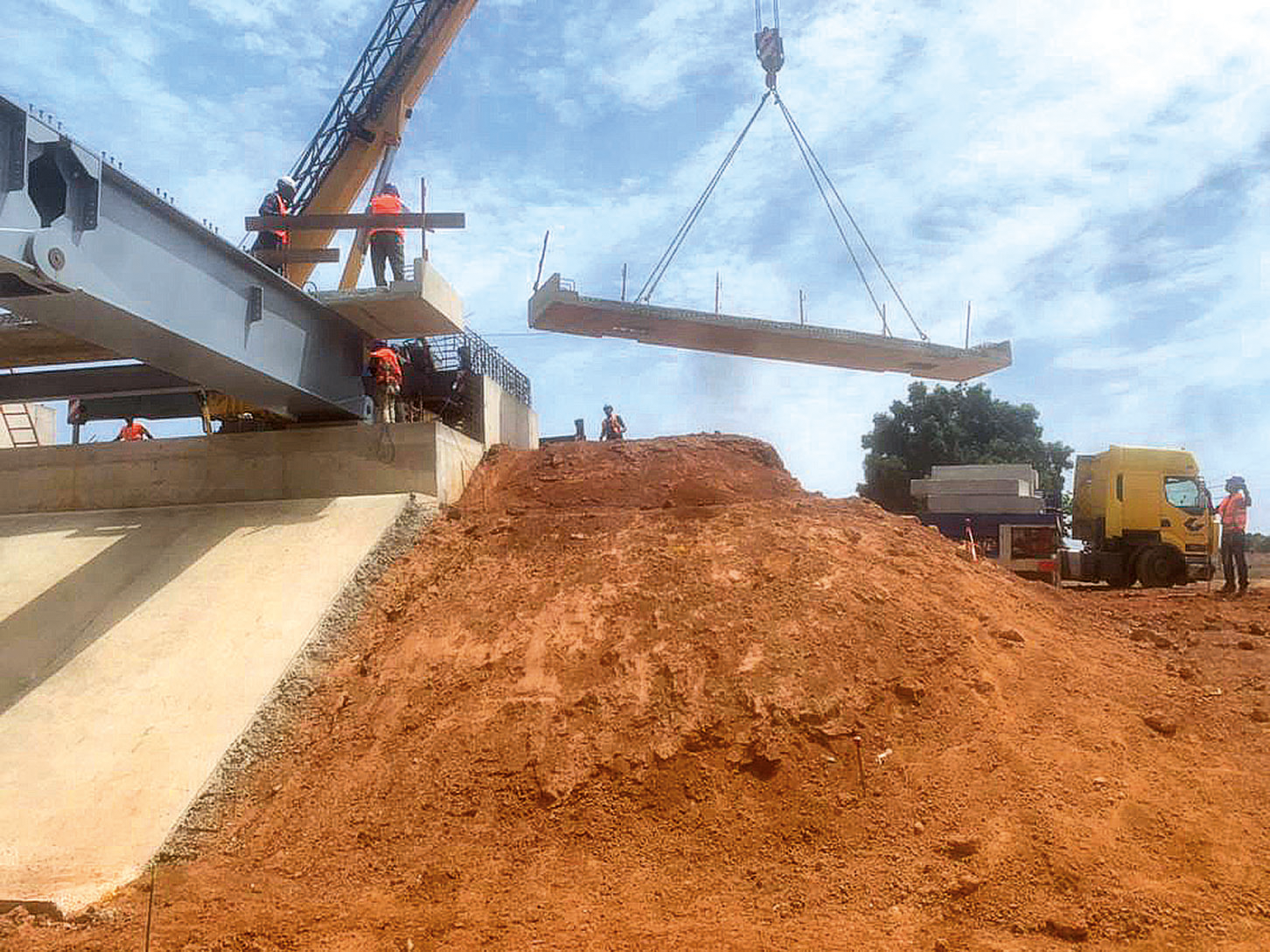
The population of Agboville used to cross the river by raft in precarious conditions. The bridges built by John Cockerill will allow for safer crossings, for the transportation of both people and equipment.
Bridges for safe river crossings in Ivory Coast
As part of the implementation of the very large contract signed with the Ivorian State for the construction of 15 bridges in the bush and the realization of 4 road interchanges in the city of Abidjan, the works were officially launched in mid-October 2020.
All the studies for the bridges have been finalized in 2021, and the first metal elements have been installed on the civil engineering supports. The studies for the interchanges have also been finalized, and the rerouting of traffic necessary to set up one of the work sites was started in 2022.

